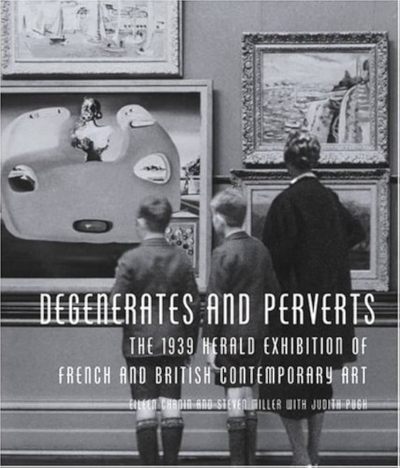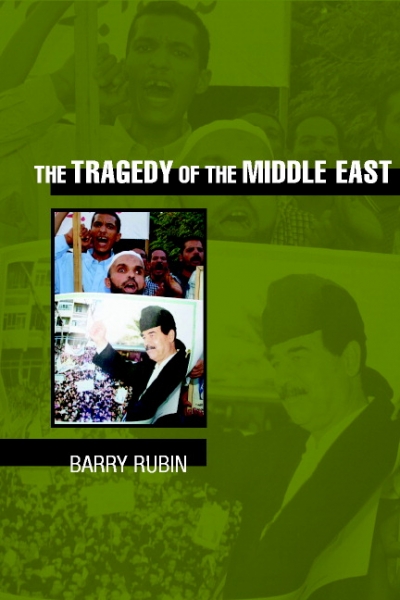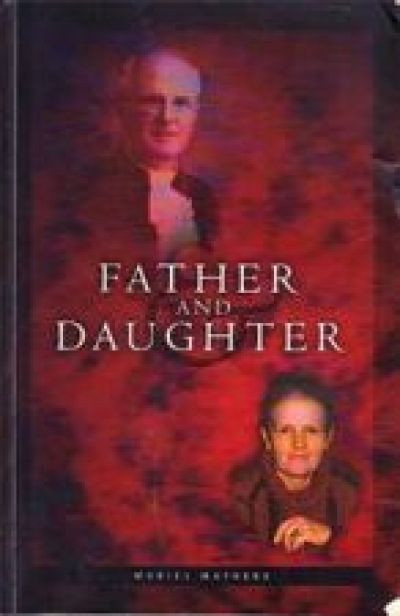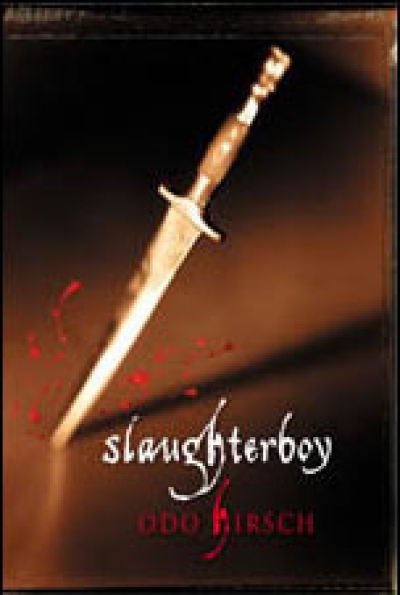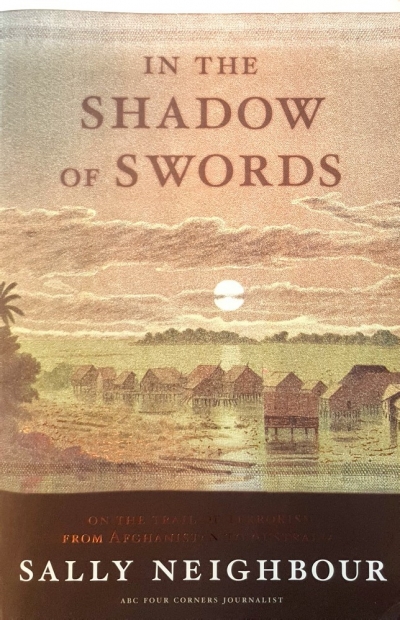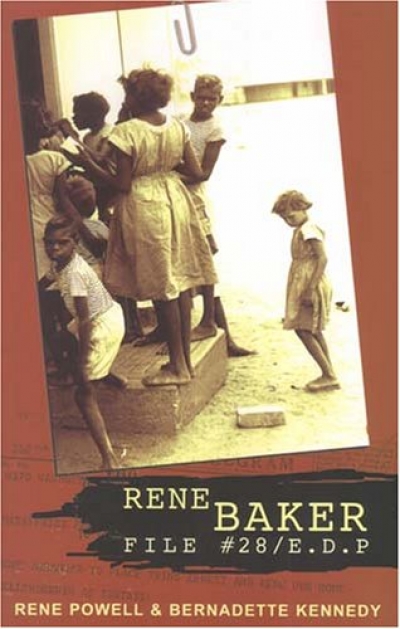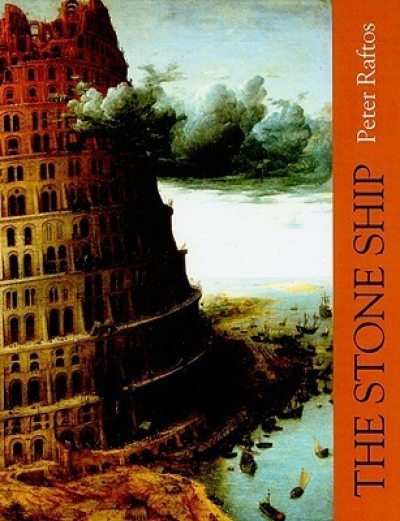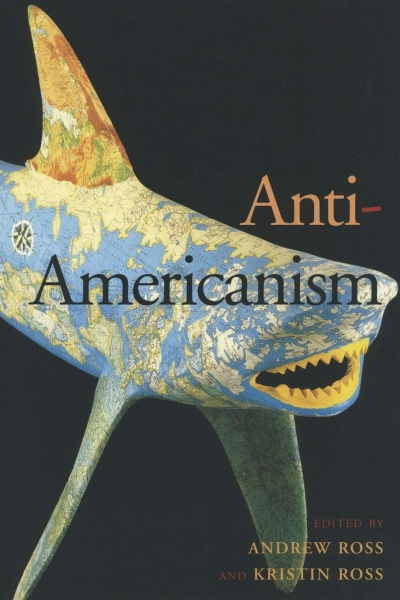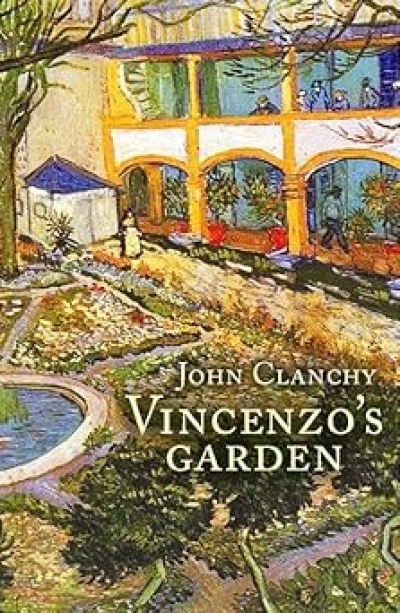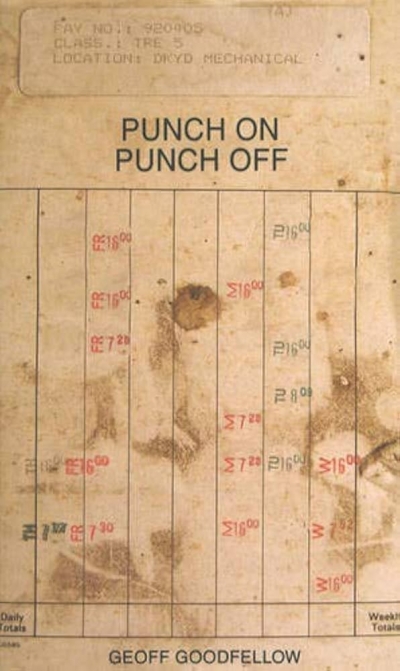Review
Degenerates and Perverts: The 1939 herald exhibition of French and British contemporary art by Eileen Chanin and Steven Miller (with Judith Pugh)
by Sarah Thomas •
In the Shadow of Swords: On the trail of terror from Afghanistan to Australia by Sally Neighbour
by Vivienne Kelly •
RENE BAKER FILE #28/E.D.P. by Rene Powell and Bernadette Kennedy
by Ceridwen Spark •
Punch On Punch Off by Geoff Goodfellow & Fontanelle by Andrew Lansdown
by David Gilbey •

